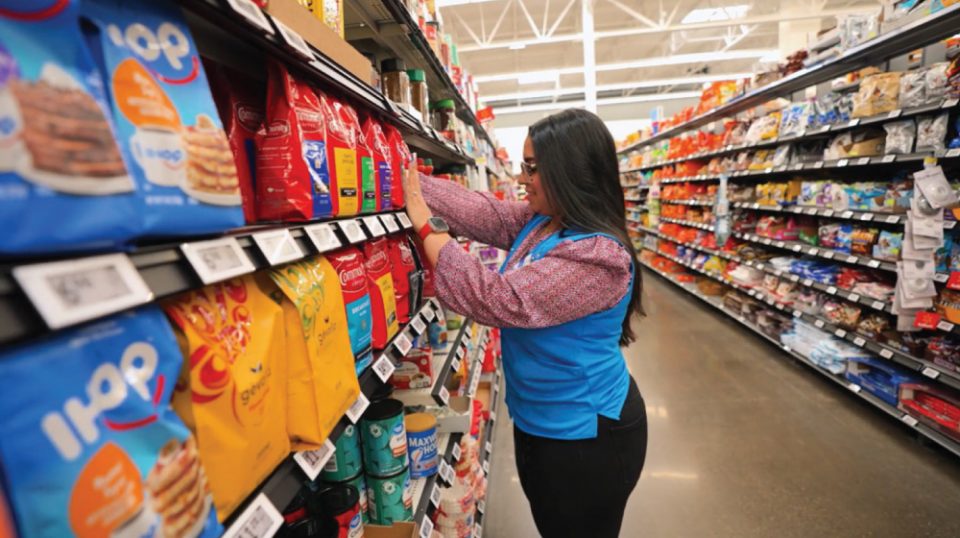Electronic Shelf Labels (ESLs) are becoming a key investment for retailers looking to improve efficiency and reduce costs. These digital price tags, connected to a central system, allow for instant updates across thousands of items, eliminating the need for manual label changes. This saves time and reduces labour costs significantly. In fact, some retailers report an 80% drop in time spent on pricing tasks after adopting ESLs. Beyond saving money on staffing, ESLs help prevent pricing errors, ensuring that what customers see on the shelf matches what they’re charged at checkout. Pricing mistakes not only cost retailers money but also damage trust and brand reputation.
Another major advantage is the ability to adjust prices in real time. Retailers can react to competitor promotions, stock levels or even time of day. This flexibility allows for more intelligent pricing strategies that increase revenue and reduce waste, especially in fresh food departments. ESLs also support more sustainable practices. By cutting out the need for paper and ink, stores reduce waste and contribute to their ESG targets. Some supermarket chains now list ESLs in their annual sustainability reports as part of their commitment to digital transformation and the environment.
Customer engagement is also improving thanks to ESLs. With added features like NFC and QR codes, customers can access more information on products—such as allergens, sourcing, or recipes—by simply scanning the label with their phone. It’s another way technology is being used to improve the in-store experience.
While there is an upfront cost, most stores report getting their investment back in one to two years. The combination of labour savings, pricing accuracy, waste reduction and better customer satisfaction all add up to a solid return. According to a store manager at a major UK supermarket chain, “We no longer need to send staff aisle to aisle updating prices. It happens in minutes from the back office—and we’ve seen real savings, especially during busy seasons.”
As retail becomes more digital and competitive, ESLs are no longer a nice-to-have. They are part of a smarter, faster, and more responsive store model that many in the industry now consider essential.


